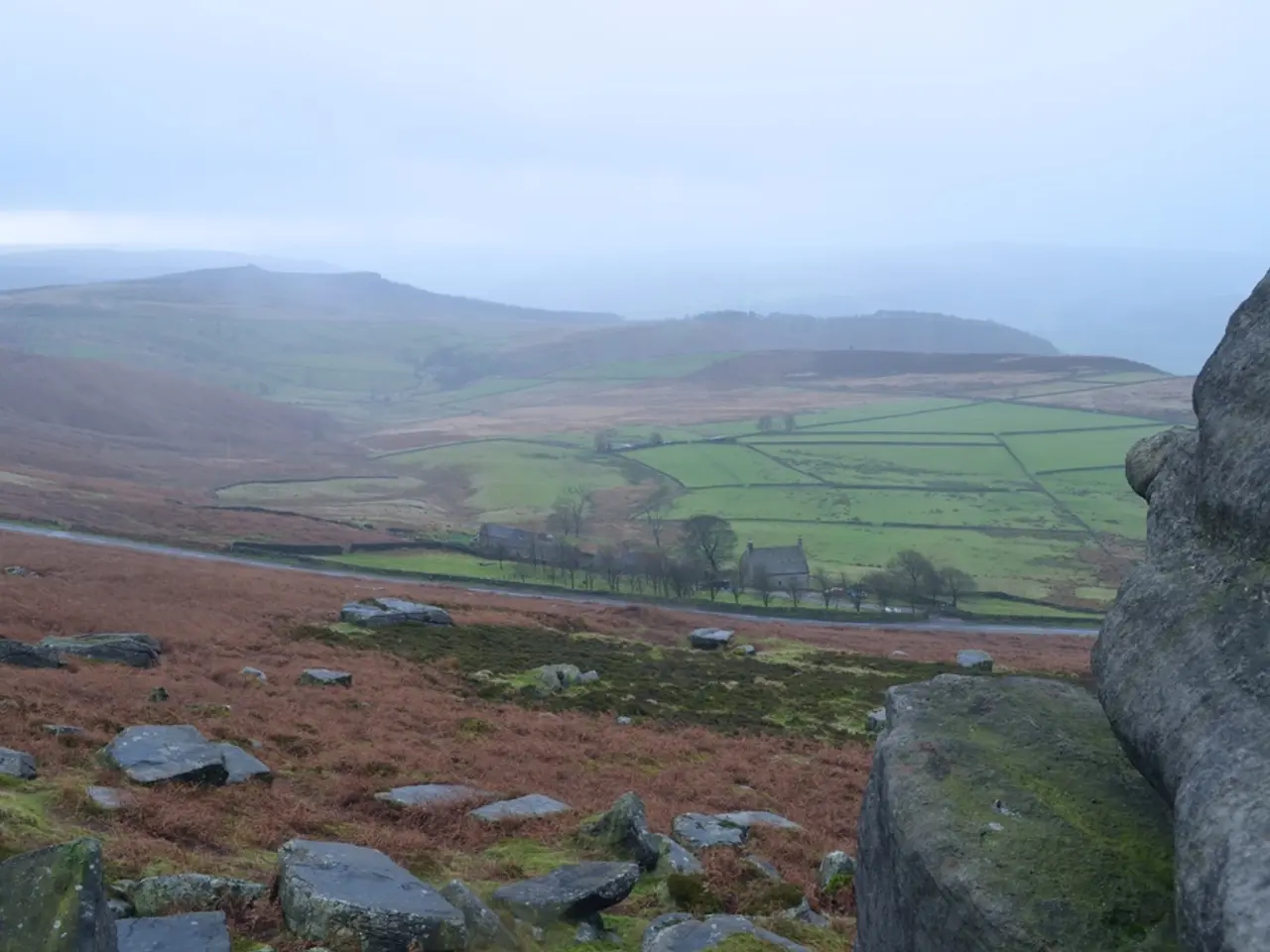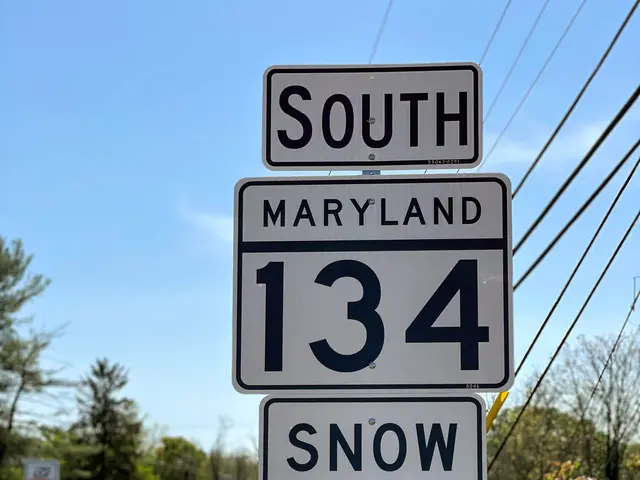Melting glaciers pose a threat to the cultural practices of Chilean herders.
Headline: Ongoing Conflict Between Conservation and Mining in Chile's Cajón del Maipo Region
In the picturesque Andean foothills of Chile, near Santiago, traditional herding communities coexist with a landscape of breathtaking beauty and ecological significance. The Cajón del Maipo region, home to the arrieros, has become a battleground for conservation efforts and the mining industry.
Current Status of the Conservation vs. Mining Conflict
1. Conservation Movement
Conservation groups are advocating for the protection of the fragile Andean ecosystems, water resources, and cultural landscapes of Cajón del Maipo. The vision of nonprofit Queremos Parque includes transforming the Cajón del Maipo into an ecotourism destination while safeguarding the thousands of glaciers crucial for Santiago's water security. They aim to convert 142,000 hectares of the region into a protected nature reserve.
2. Mining Industry
Mining companies continue to pursue exploration and expansion, attracted by the region's rich mineral resources. However, these operations often bring environmental concerns such as habitat destruction, water contamination, and disruption of pastoral lands. Conflicts escalate when mining concessions overlap with grazing territories historically used by the arrieros, leading to restrictions or loss of access to key lands.
3. Impact on Traditional Herding Communities (Arrieros)
The arrieros face pressures from both environmental degradation and land-use changes induced by mining. Their mobility and traditional routes are threatened by mining infrastructure and pollution, affecting the health of livestock and pasture availability. Social tensions have grown between local communities defending their cultural heritage and external economic interests. Some herders have engaged in activism and legal challenges to protect their rights, while others grapple with economic uncertainties.
A Historical Perspective
The conflict in Cajón del Maipo is not new. El Alfalfal, a locality on the edges of the region, became marred by a conservation battle over the hydroelectric project "Alto Maipo" in 2007. Bienes Nacionales, a land ministry of the Chilean government, now manages the land in El Alfalfal, classified as a high-risk zone due to the threat of landslides. This decision has left residents without land titles, as Bienes Nacionales refuses to return them due to the legal risk of being held responsible for any deaths caused by future landslides.
The Future of Cajón del Maipo
As the climate crisis intensifies, the Cajón del Maipo's glaciers, like most across the world, are withering from a warming climate. A recent study found that the Olivares Alpha Glacier, near the Carrasco family farmstead, is the fastest melting glacier in the region due to the nearby Los Bronces copper mine. The mining process creates a residue known as black carbon, which can land on glaciers and intensify melting.
Glaciologist Francisco Ferrando Acuña suggests that the most obvious way to protect glaciers is to keep industries away from them, including mining companies that can destroy rock glaciers. Queremos Parque's online petition, signed by over 200,000 individuals and 200 organizations and companies as pledged partners, aims to achieve this goal.
However, the nonprofit still does not have local support from the arrieros in El Alfalfal. Victoria, an arriero, fears that a national reserve could prevent her from ranching on the land, as seen in the neighboring O'Higgins region. Pilar Valenzuela Delpiano, Queremos Parque's director, hopes to make mountain tourism more affordable and inspire care for the environment by creating a national reserve.
The conflict in Cajón del Maipo remains unresolved, with ongoing friction between the conservation agenda aiming to preserve the natural and cultural environment, and the mining industry's economic pursuits. Traditional herding communities like the arrieros are caught in the middle, experiencing significant impacts on their livelihoods and cultural practices. The situation calls for more integrated approaches that balance ecological protection, cultural preservation, and responsible resource development.
Read also:
- Germany's three-month tenure under Merz's administration feels significantly extended
- Skepticism About Climate Change Previously Held; Factors That Shifted Perspective Revealed
- Heavy rain causes flash floods in Hyderabad, resulting in severe waterlogging and disruptions to city life during a heavy downpour.
- Unpleasant nights plague city dwellers due to intense heatwave conditions








